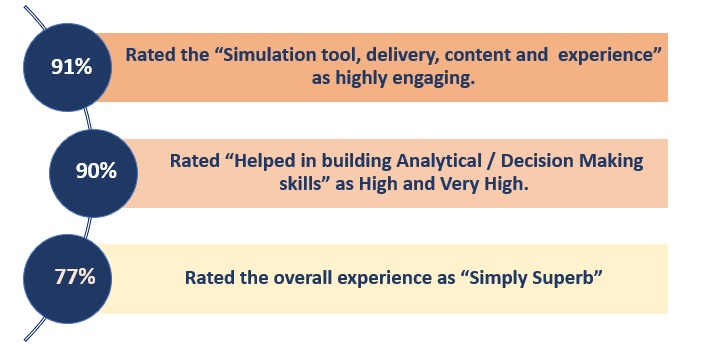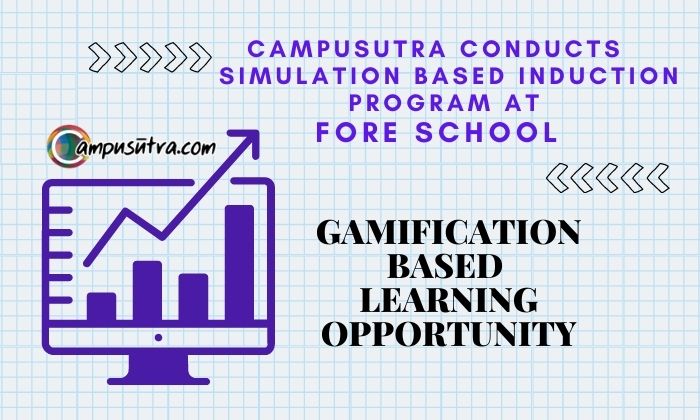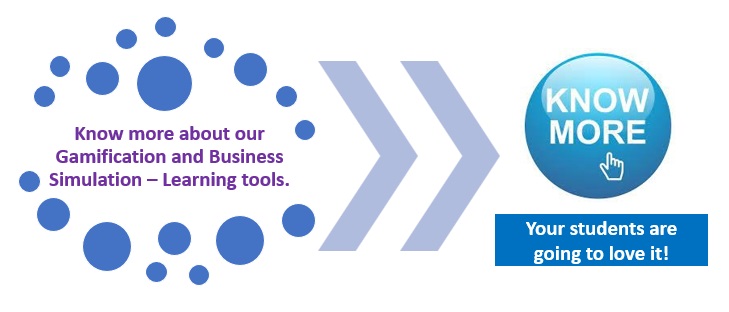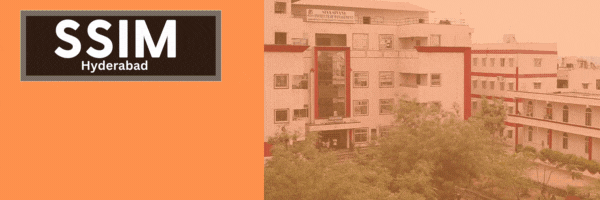‘Learning through gamification’ was part of the induction programme for the new batch (2022-24) of management students at FORE School of Management, New Delhi, this year.
The two days session spread over 10 hours was conceptualized, managed and delivered by team campusutra.com.
The Business Gamification bootcamp was an apt initiative to introduce the new batch to business management practices which offered the students of the new batch to know and connect with each other, discuss deliberate on the case study shared with them, alongwith learning opportunities to develop analytical skills, Time-keeping abilities, meeting deadlines, crunching numbers, understanding of basic market dynamics and working as a team.

The programme was designed to give the management students a glimpse of what is expected of them during the MBA and as they step into their professional worlds. With Simulator software tools used to create a virtual industry and a realistic corporate setting, the teams were given virtual organizations to run as business managers and how to be more agile and competitive in the intense competition of today’s dynamic economic conditions.
This specially designed module is meant for management students. It is a lighter version of the professional module – popular in Learning & Development or Executive Development programmes in L&D centers of PSUs and corporate sector.
A case study of Consumer Electronics was shared with participants along with balance sheets, P&L account and other necessary data to run their business. The engagement level of the students was so high in the first day itself that the session had to be extended in Day 1. Participants could see the business impacts of their decisions live.
The new batch for the 2-year Full-time PGDM programme consisted of a diverse batch of 400+ students who had taken admissions in – PGDM or PGDM – International Business / Financial Management / Big Data Analytics. Students belong from 24 different states of India with a representation of 38% female students, 38% from engineering while 62% from non-engineering background with varied academics – 31% from commerce, 13%, 9%, and 8% from management, science, and arts respectively.





